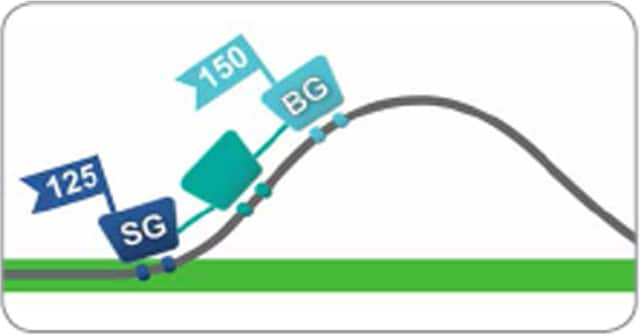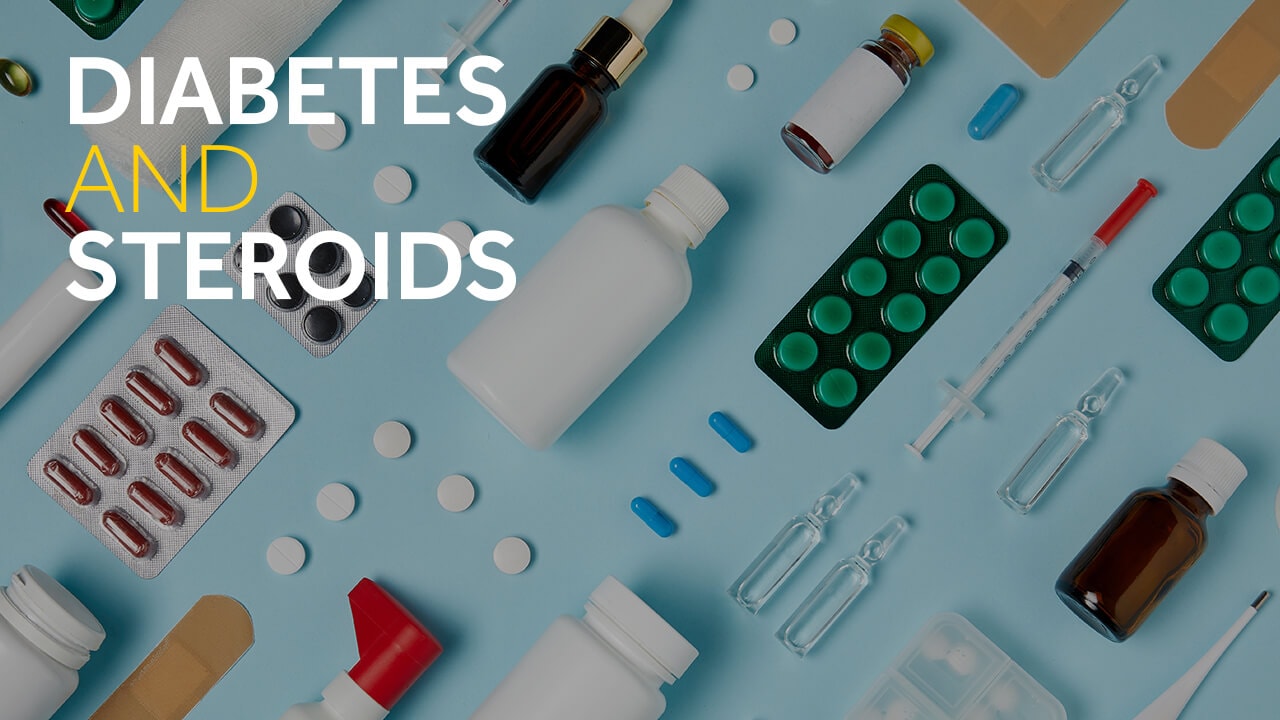What you need to know about donating blood when you have diabetes

Donating blood is a selfless way to help others. A variety of medical conditions require regular blood transfusions — and regular blood donations make this possible. But people with diabetes should carefully consider any medical procedures involving blood, as their health depends on stable blood glucose and insulin levels.
The good news is that people with diabetes who maintain their blood glucose levels are at lower risk for blood sugar complications. That means you can donate blood with diabetes safely. Still, there are a few more factors to consider before deciding to donate. If you are unsure, check with your HCP before heading to your local blood drive.
Blood donation basics
According to the American Red Cross, blood donation is safe, sterile, and easy. It takes only 10 to 15 minutes to donate one pint of blood. There are roughly 10 pints of blood in the human body! Each blood donation is accompanied by:
- Registration
- A review of your medical history
- A short physical
During the physical, donation staff will check your temperature, pulse, blood pressure, and hemoglobin. It is during this stage that you should let them know you have diabetes so they can monitor for complications.
Donating blood when you have diabetes
People with type 1 and type 2 diabetes can donate blood, provided they are in good health. Those who consistently take their medication, watch their nutrition, and exercise will be more likely to keep their blood sugar levels in a healthy range to donate blood.
In the US, those with diabetes are required to meet the same requirements as people without diabetes who donate, including:
- Maintaining a clean bill of health
- Being free from illnesses like the flu
- Weighing more than 110 pounds
- Meeting the minimum age requirement according to state law
Researchers also found that A1C levels in people with diabetes can be affected up to two months after donation. That won’t stop people with diabetes from donating, but it may limit how often they can and should do it.
Talk to your HCP
If you want to donate blood with diabetes, there are two roadblocks you could encounter:
- Consistent blood sugar fluctuations: The American Red Cross allows people with diabetes, including those who take insulin, to donate blood as long as their diabetes is “well controlled.” It is likely that the attending physician at a blood donation facility will ask about recent bouts of diabetic ketoacidosis or hypoglycemia to determine eligibility.
- Using bovine insulin: Although this form of insulin is not commonly used anymore in favor of synthetic insulin, people using bovine insulin are not eligible to donate.
If you would like to donate blood but don’t meet the criteria, talk to your health care provider about ways you can improve your diabetes management.




Blog comments
Alexis, I have been told every time I try to donate that because I used bovine insulin in my youth (a couple decades ago!) that I will never be able to donate blood due to fears of “mad cow disease “. Has this changed?
I donate blood on a regular basis as I am O negative and a universal donor. I eat a good breakfast and drink lots of fluids each time before I go however I have still had some lows while donating. The phlebotomists are always kind and will get me juice and let me take my time getting up. I always come away with a good feeling that I may have been able to help someone in need.
I donated whole blood for many years, and switched to platelets some years ago. You'd think I would remember if they still ask about bovine insulin, but I don't recall it listed in the medication deferral section anymore. It was definitely a deferral in the past; the FDA was very concerned about 'Mad Cow' disease. The Mayo Clinic still lists bovine insulin manufactured in the UK as a permanent deferral. To be sure, call the Red Cross at 866-236-3276.
As to the effects of donating, I am a sample size of one. I am a male, 6 feet 3 inches tall, 155 pounds, early 60s in age. Whole blood raises my BG between 20 and 30 points. Apheresis (which takes two hours and a needle in each arm) raises my BG between 25 and 50 points. My typical process is to answer all the questions, silence all alarms on the pump, bolus as though I'm having 10 grams of carbs (about 1.5 units), and then settle in and watch Netflix while the machine does its thing. I see a very slow rise in my BG, but the 'hump' rarely goes above 150.
I've never had a reaction worth remembering. My A1c is typically in the low to mid 6s. It was lower before I started on the 770G, and I mention this only to note that I believe that switching from full manual to auto mode has affected my A1c more than donating blood or platelets has.
Post a new comment
Required fields are marked *